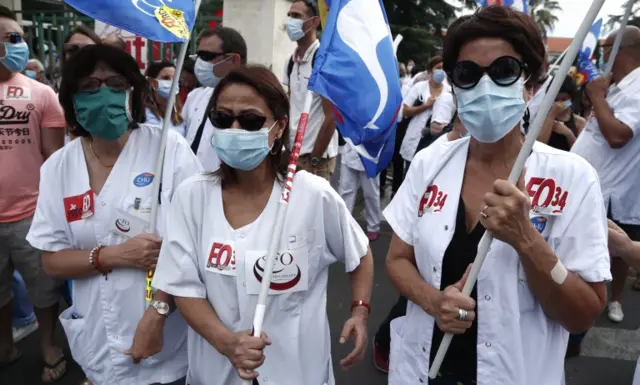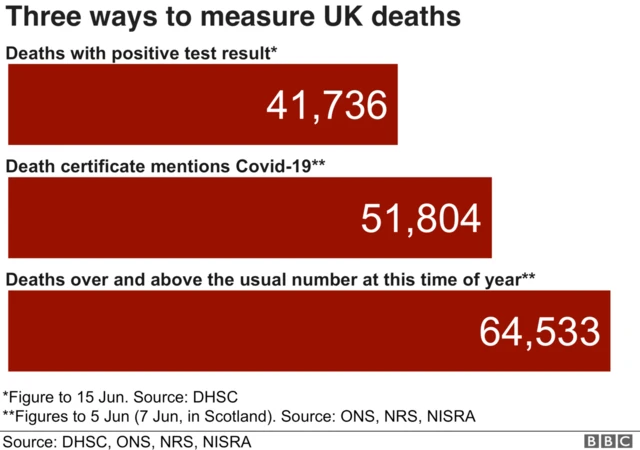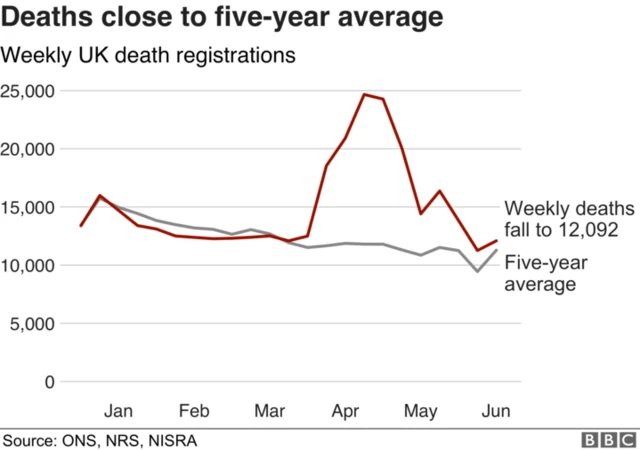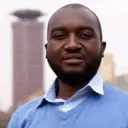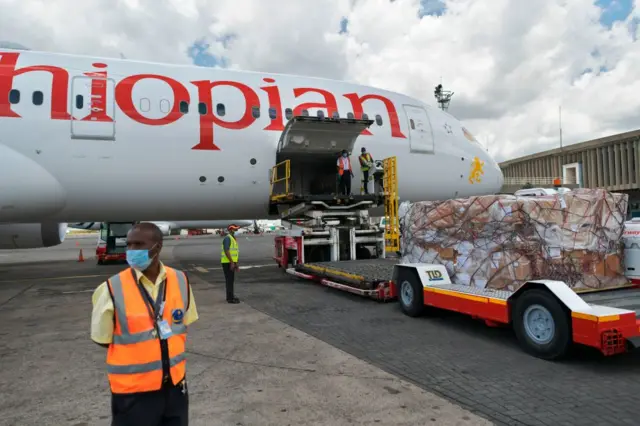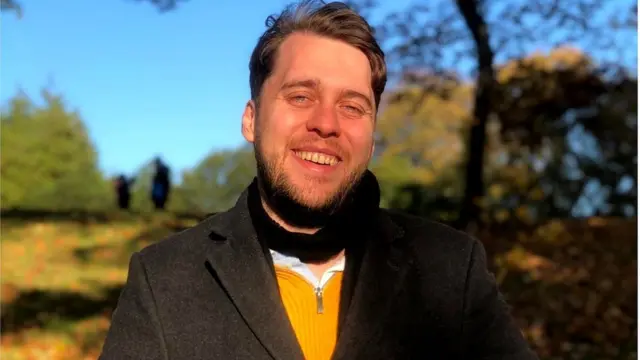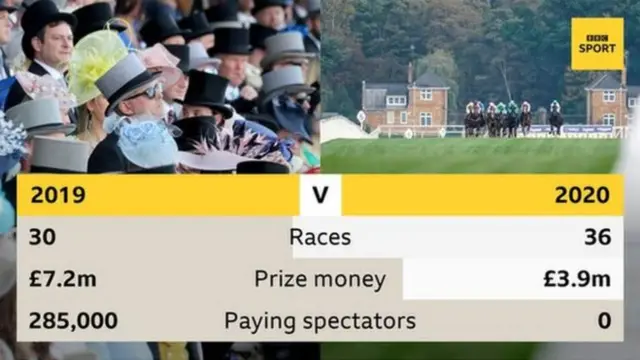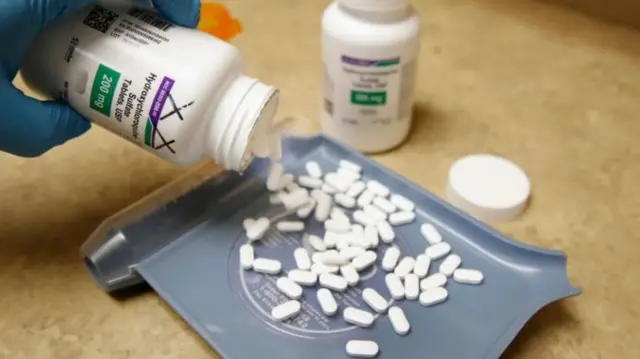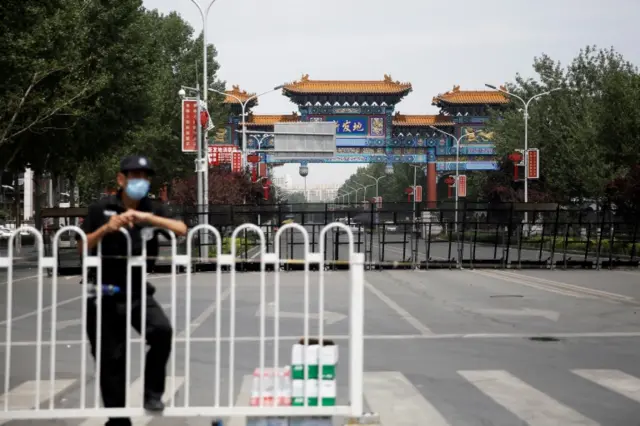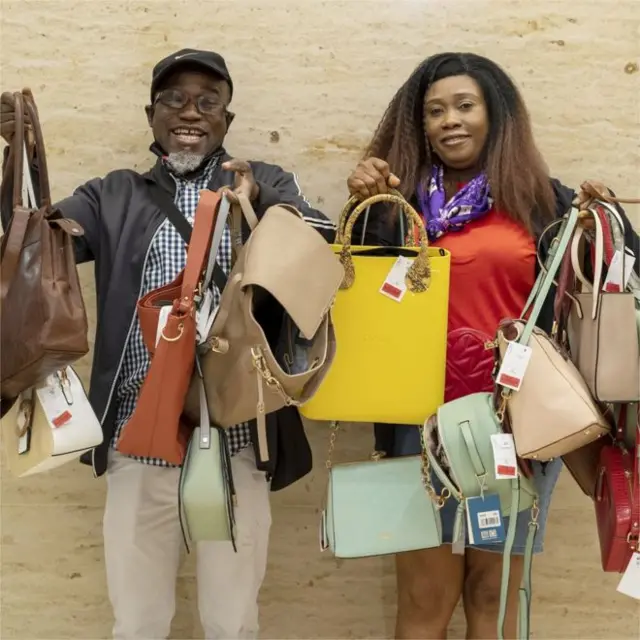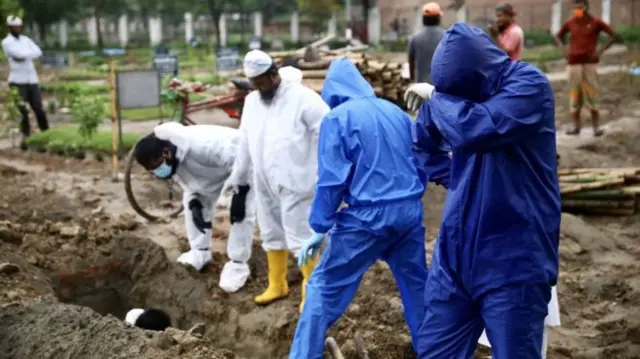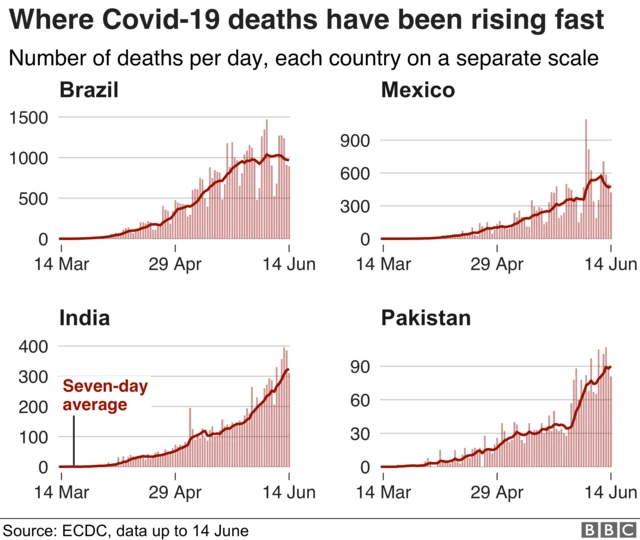Senior Conservative joins calls to scrap two-metre distancing rulepublished at 10:43 BST 16 June 2020
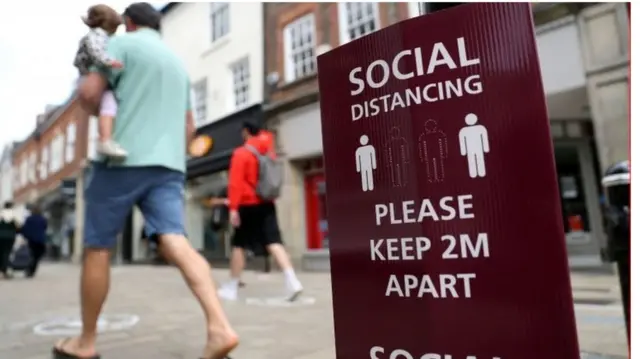 Image source, PA Media
Image source, PA MediaFormer Conservative Party leader William Hague is the latest senior Tory to call for the two-metre distancing rule to be scrapped, saying lockdown is an "economic catastrophe".
Writing in the UK's Daily Telegraph newspaper, Lord Hague said lockdown was increasing inequality, social tension and debt - and was so "destructive" that it could "only ever be allowed to happen once".
"We can now see that it is not necessary to have a two-metre separation between people to keep the virus in retreat where it is already at a low level," he writes.
"We know this from the experience of countries such as Denmark, France and Germany where the recommended distance is shorter, and we should not have to spend weeks agonising over it."
So far England, Scotland, Wales and Northern Ireland have all maintained the two-metre rule but the UK government has said a review into the rule will be completed "in the coming weeks".

